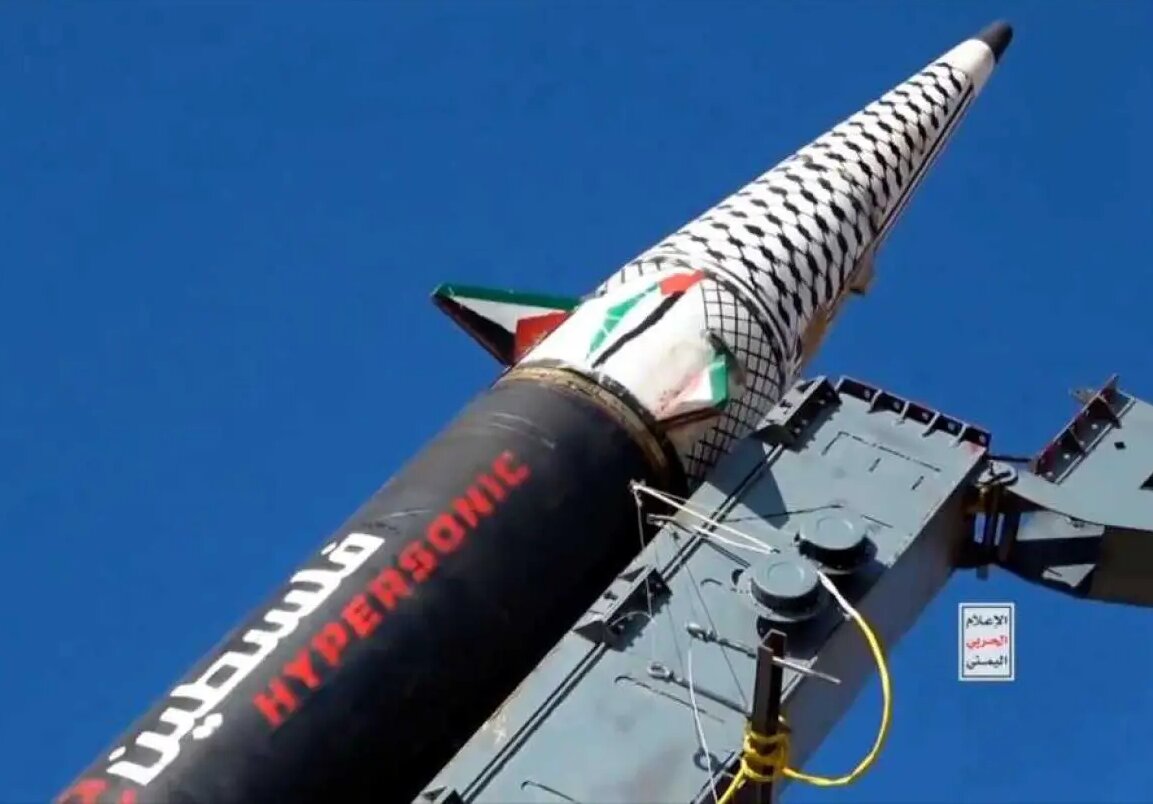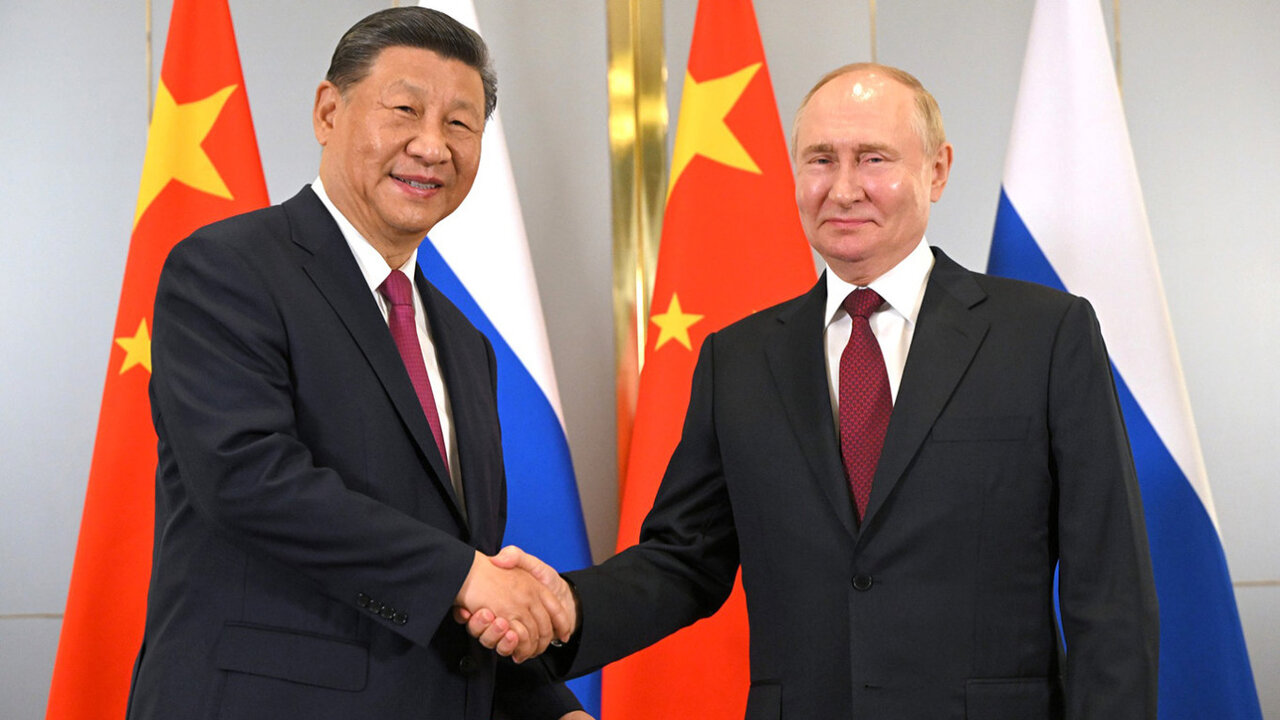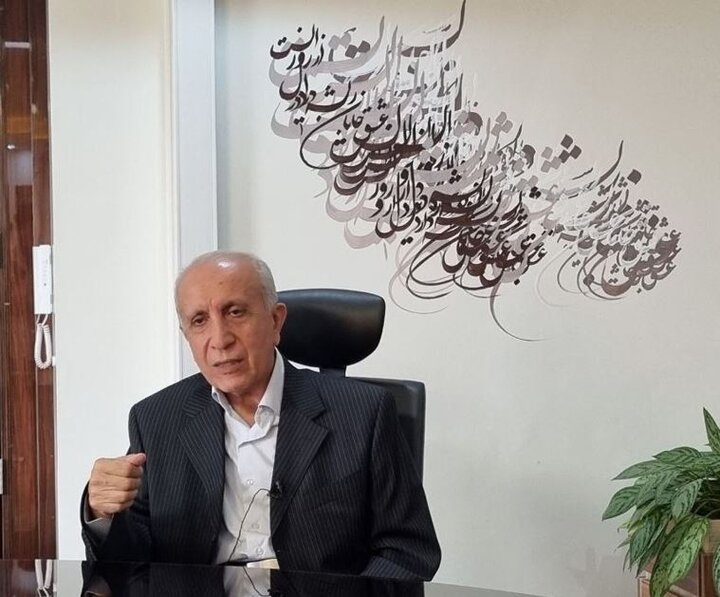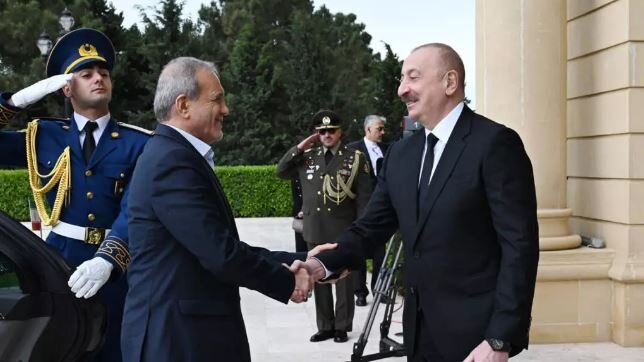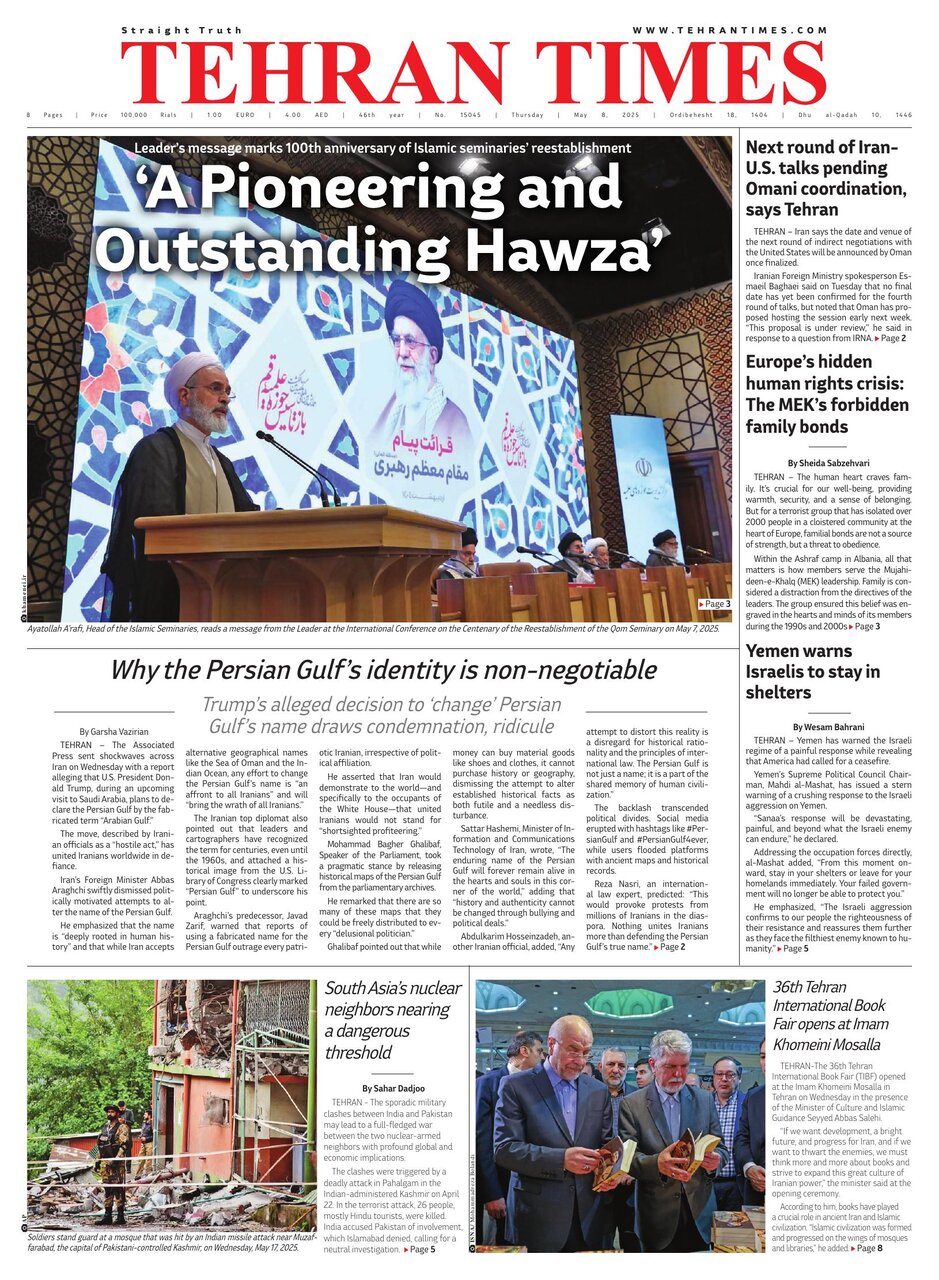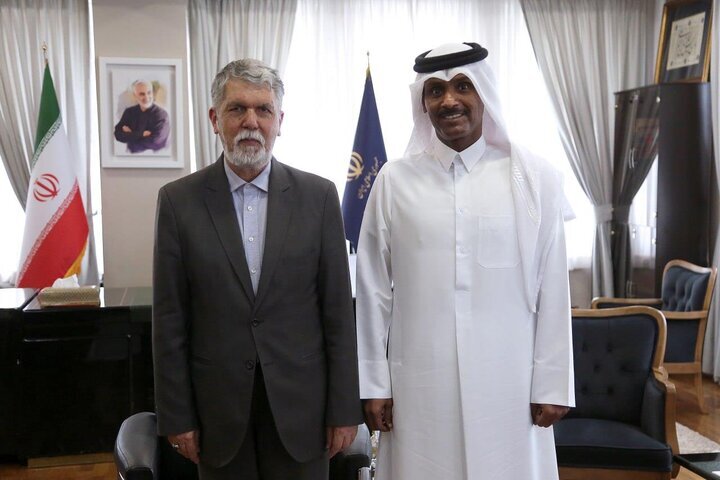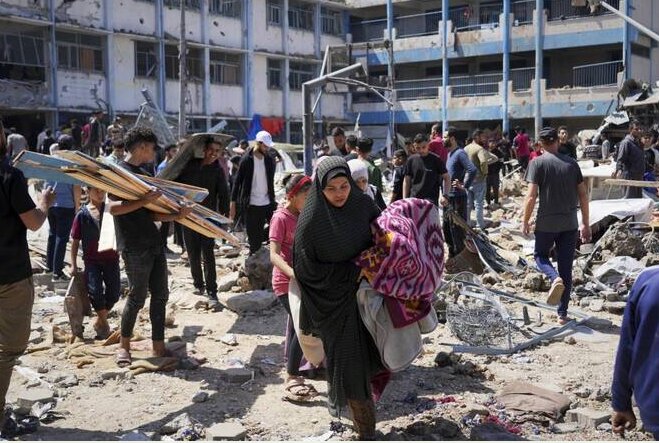
MADRID Saudi Arabias Defense Minister, Khalid bin Salman, landed in Tehran this week on an official visit that further cements the ongoing diplomatic thaw between the two principal powers of the Persian Gulf.The receptionmarked by full military honors and led by the Chief of Staff of the Iranian Armed Forces, Major General Mohammad Bagherisymbolized the mutual willingness of both capitals to institutionalize a new phase of strategic dialogue.The visit, made at the invitation of General Bagheri, includes a series of high-level meetings with senior Iranian political and security officials.
According to official Iranian sources, the talks center on deepening defense cooperation, enhancing regional stability, and coordinating efforts against terrorismfields where, after years of confrontation, Tehran and Riyadh appear increasingly aligned in their recognition of shared interests.Since the restoration of diplomatic ties in 2023facilitated by Chinese mediation and months of quiet backchannel diplomacyIran and Saudi Arabia have engaged in a careful but deliberate rapprochement.
Bin Salmans trip marks the second high-level military exchange since relations resumed, following the visit of the Saudi Chief of Staff to Tehran last year.
The timing of this latest visit, amid escalating tensions across the region, underscores the urgency of a pragmatic reconfiguration of alliances.In a geopolitical environment marked by persistent volatilityfrom Yemen to the Levantand the entrenched presence of external powers like the United States, the Tehran-Riyadh dialogue is increasingly seen as a necessary stabilizing force.
From Irans perspective, regional security can only be achieved through indigenous frameworks of cooperation, free from the interventions and shifting priorities of outside actors.
Tehran continues to advocate for regional solutions anchored in sovereignty, mutual respect, and the rejection of foreign military entanglements.One of the central points on the visits agenda has been the conflict in Yemen.
According to sources close to the talks, Saudi Arabia has conveyed its intention not to participate in any renewed ground offensive against the Ansarollah Resistance movement and has requested Tehrans assistance in relaying this message to Yemeni leaders.
Iran, while reaffirming its support for this legitimate Resistance movement, has expressed a willingness to facilitate dialogueconsistent with its long-standing position in favor of negotiated political solutions rooted in regional consensus.For Iranian officials, however, substantive progress in Saudi-Iranian normalization hinges on a fundamental shift in Riyadhs posture.
Advisors to Irans Foreign Ministry have repeatedly emphasized that trust can only be rebuilt if Saudi Arabia acknowledges what Tehran considers the failure of its military campaign in Yemen and takes steps to end the unprecedented humanitarian catastrophe inflicted on the Yemeni population.Additionally, Tehran has voiced concern over the possibility of a renewed Saudi-Israeli alignment, warning that such a move would be out of step with the emerging regional order.
From the Iranian perspective, the geopolitical landscape is undergoing a profound transformation, defined by the erosion of traditional Western-dominated alliances and the rise of a multipolar configuration in which regional actors must rely on self-determined, inclusive diplomacy.Irans true strategic adversary is not Saudi Arabia, but the United States, one senior academic and adviser remarked, underscoring that the core of Irans divergence with Riyadh lies in its approach to Yemennot in any inherent or civilizational enmity.
The shifting rhetoric coming out of Tehran reflects a broader strategic confidence: that its policy of "resistance diplomacy"firm on principles but open to pragmatic engagementis gradually reshaping the regions balance of power.Tehran has seized the occasion of the Saudi Defense Ministers visit to express its concern over a possible visit by former U.S.
President Donald Trump to Saudi Arabia.
According to diplomatic sources, Iranian officials have urged Riyadh to adopt a moderate stance in the face of potential confrontational proposals and to convey to Washington the need to prioritize dialogue and regional stability over short-term political gains.
Iranian authorities remain hopeful that the current process of dtente will not be derailed by external pressures that do not reflect the interests of the regions people.For many observers in Tehran, Saudi Arabias diplomatic pivot is not the result of coincidence, but a direct consequence of the regions shifting geopolitical landscape.
Irans perception is unambiguous: Crown Prince Mohammed bin Salman appears to have come to terms with the reality that isolating Tehran is not only unfeasible but ultimately detrimental to Riyadhs strategic interests.From the Iranian standpoint, this shift not only vindicates its doctrine of active resistance and refusal to bow to foreign pressure, but also reinforces the belief that time is on Irans side in shaping the emerging regional order.
This new phase is defined by the waning of American hegemony, the rise of Asian powers, and the gradual erosion of traditional security alliances that have long dominated the Persian Gulf.Tehran does not interpret Saudi Arabias overtures as a temporary maneuver, but as a strategic victory.
The fact that even monarchies historically aligned with the West are now turning their gaze eastward is, for Iranian officials, a clear sign that regional stability cannot be achieved without Tehrans active involvement.
In this light, Irans diplomacy has signaled its readiness to play a constructive roleupholding its core principles while embracing a logic of multilateral cooperation that leaves no room for exclusionary policies or military adventurism lacking regional consensus.Ultimately, the Saudi-Iranian rapprochement marks a pivotal shift in the geopolitical dynamics of the Persian Gulf.
It reflects not only a pragmatic response to new realities, but also highlights Irans strategic flexibilityits willingness to consolidate leadership without submitting to external diktats.
As regional powers are forced to recalibrate their alliances, Iran increasingly positions itself as a central player in the construction of a more stable and cooperative order.
The future of the region may well hinge on whether this dialogueone that aspires to transcend historical rivalriescan be anchored in mutual understanding and shared sovereignty, insulated from the distorting influence of transregional agendas..
This article first appeared/also appeared in Tehran Times

 5
5








